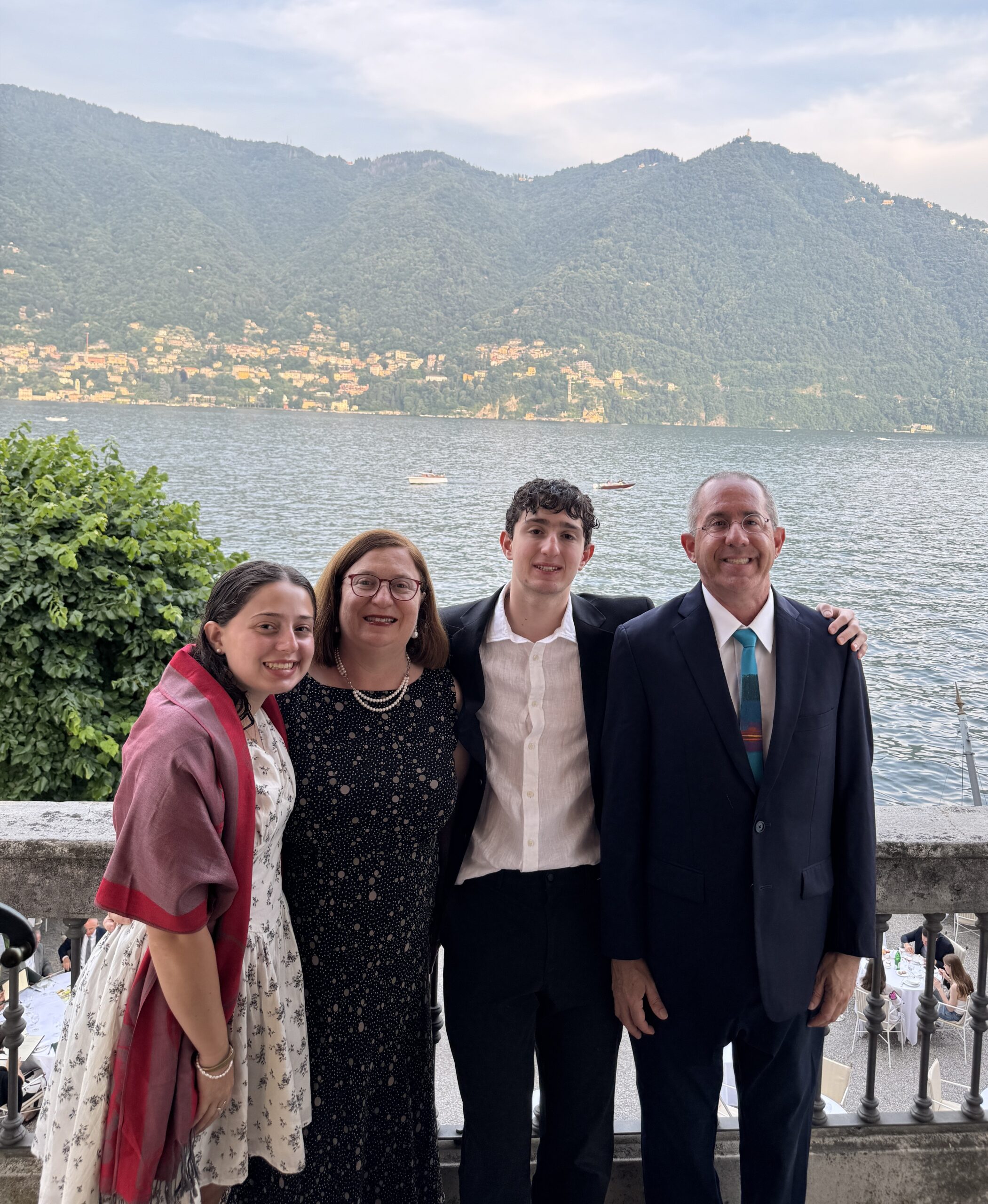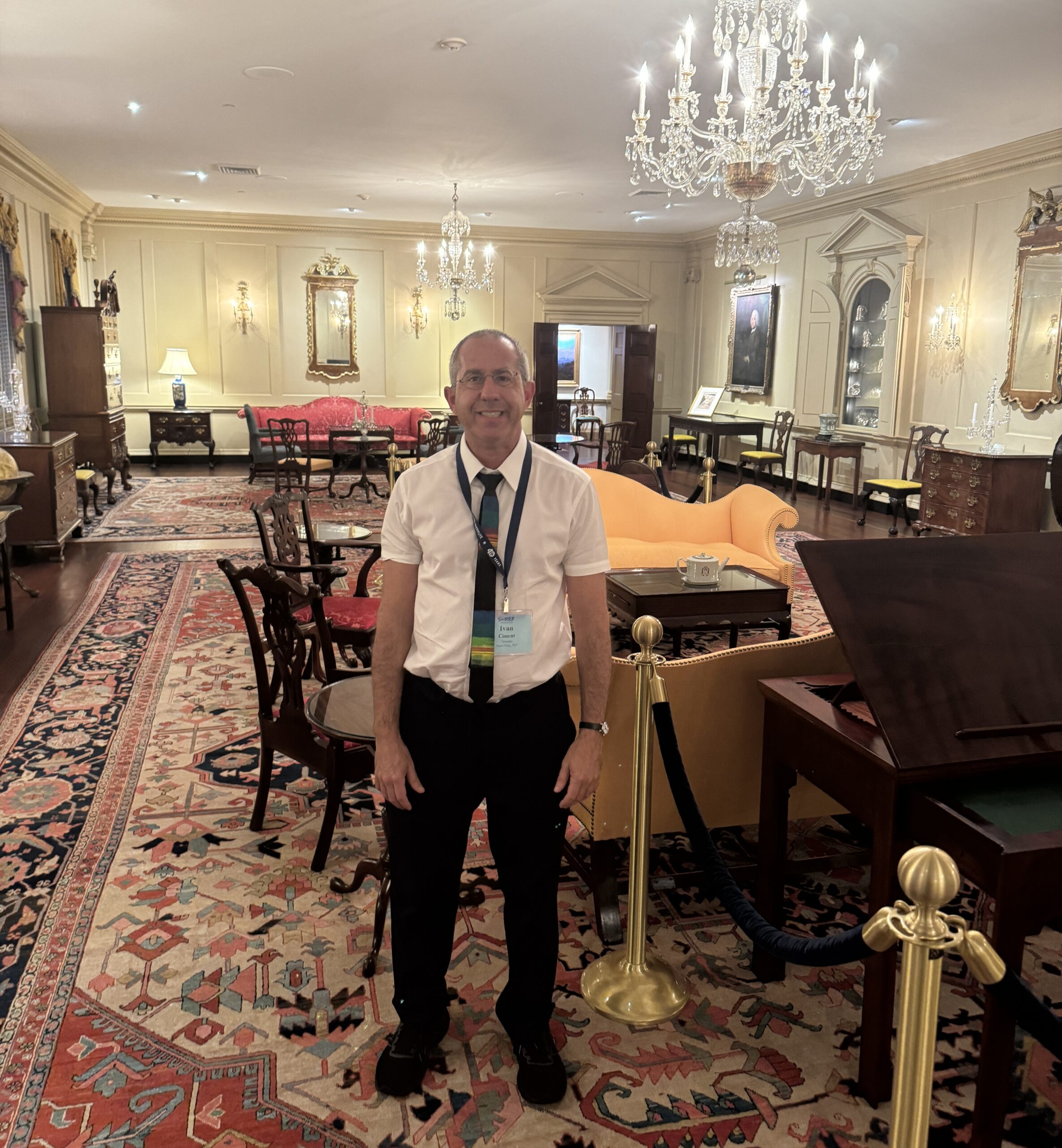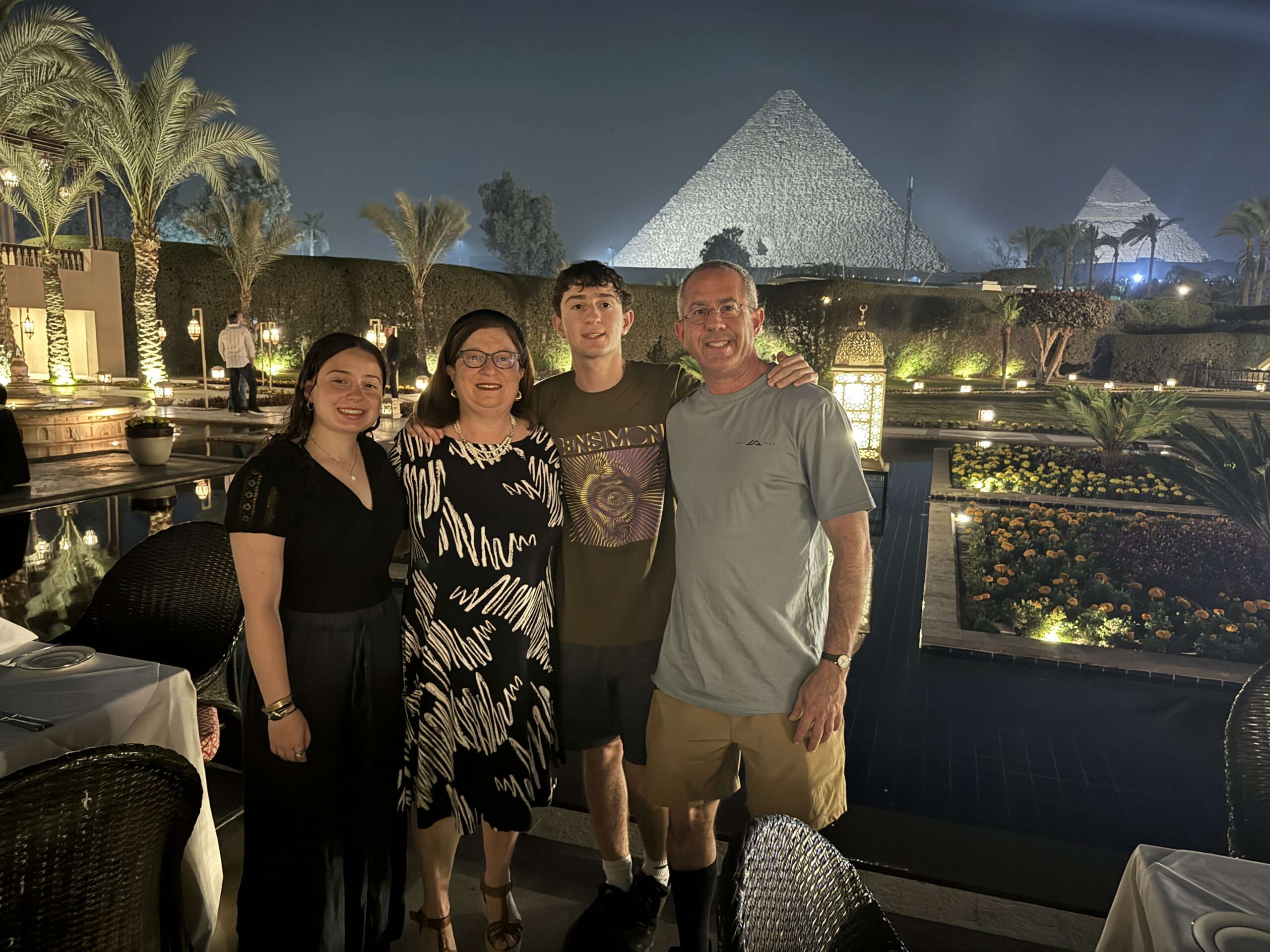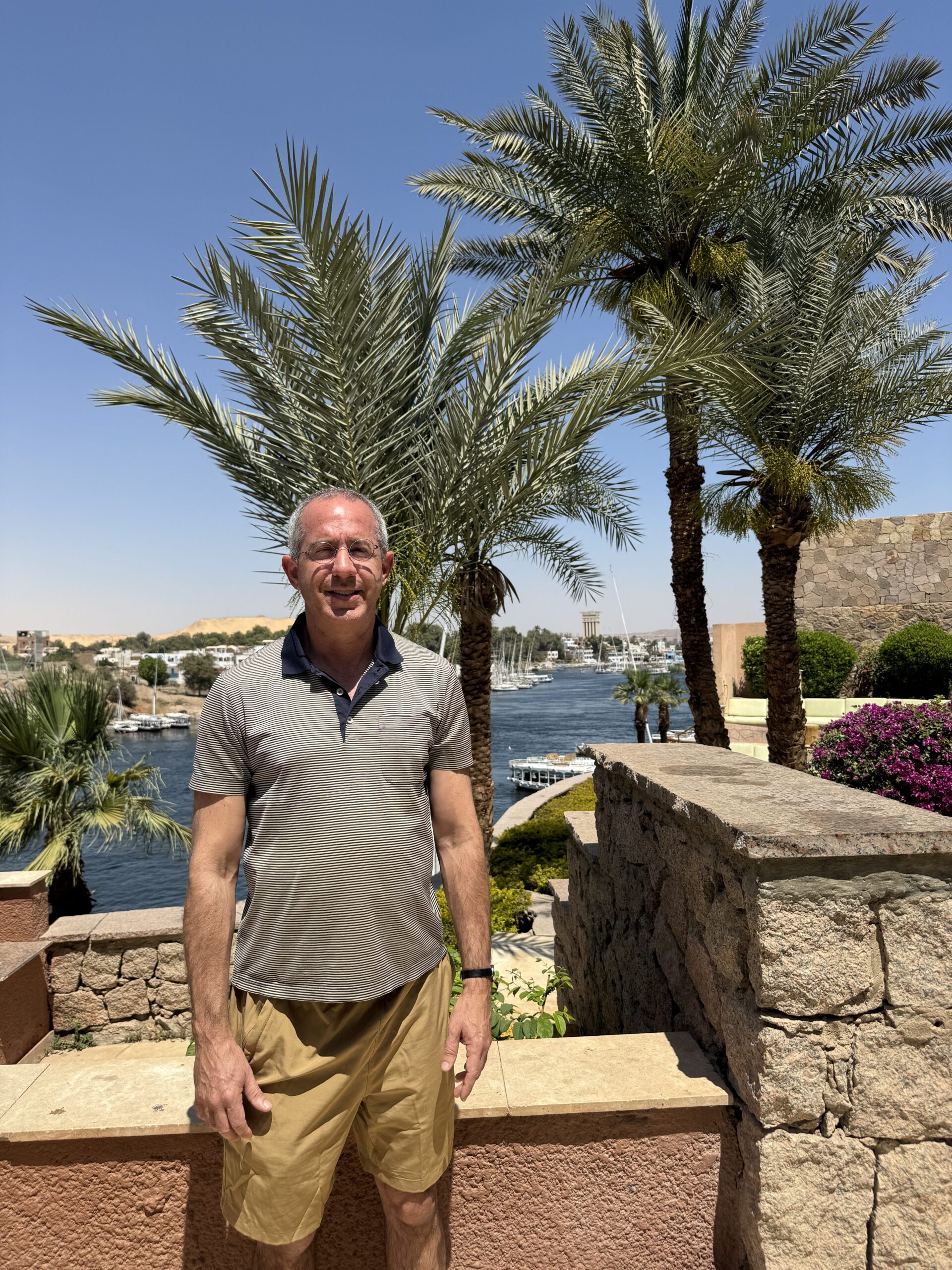SYNOPSIS: Freedom for Security should be viewed more broadly than in terms of an exchange involving civil liberties. In today’s society, the tradeoff of the overarching value of Convenience for Security is the most relevant yardstick involving what we popularly call Freedom, and principles of economics are highly relevant to analyzing this exchange. After defining the terms Freedom, Security and Convenience, the next step is to discuss what the market will bear in order to achieve the goal of providing Security. It is an imperfect market at work, affected not least by public mood swings and an information deficit.
* * * *
Suppose a violent criminal is jailed. There has been a trade of Freedom for Security. Really?
From society’s point of view, society is safer due to the loss of the criminal’s freedom. From the criminal’s point of view, s/he might be safer in jail than on the streets or he might be at greater risk from other prisoners. These latter considerations have nothing to do with Freedom in the context of civil liberties and hint at broader considerations in the tradeoff of Freedom for Security.
It is too simplistic to view the exchange of Freedom for Security as a zero-sum game or even as a straight-out exchange. Likewise, we are being too narrow in our analysis if we view the exchange of Freedom for Security solely through the prism of the gain or loss of civil liberties. Donning an economist’s lens sheds additional light on this equation and is also critical in defining the terms Freedom and Security. Consider that in order to balance X and Y, one must first define X and Y.
Economics is relevant to Usama Bin Laden, whose actions led us to put this subject to the fore. UBL attacks economic symbols while using the instruments of democracy to carry out his deeds. Al-Qaeda’s motives are rooted not in hostility to democracy itself but to the perceived doublestandard practiced by democratic America which supports democracy when it is in its interest. Throwing away democratic rights and pillars of our economic system such as civil liberties and free and open information exchange in order to shut down Al-Qaeda and other such movements would leave us caged animals with the terrorists holding the keys, and this is not really what the UBL’s of the world are really trying to accomplish anyway.
So let us think more broadly. Capitalist society ascribes most things a market-oriented value. Freedom and Security are no exception. We have entertained terrorism not because we feared loss of Freedom in order to gain Security. Freedom through the prism of civil liberties is not something most people worry about. Most people living under despotic regimes do not feel un-free and are not likely to feel impinged upon, unless they want to be political and dissent from the regime. Most people are preoccupied with work and family and don’t care about politics. Most people do not come into contact with law enforcement officials unless they do something that involves third parties. So the term Freedom needs to be defined more broadly.
What concerns us today is the tradeoff of Freedom-defined-as-Convenience for Security. Convenience is something everyone feels a need to have every day. Convenience has value that markets ascertain. We know why we pay a premium for toothpaste sold at 24-hour convenience stores. Some people pay the premium to fly El Al and endure 3-hour check-ins because they value Security while others assiduously shun the airline to avoid the additional Security.
We know that today’s overwhelming security risk to air travelers is not from fellow passengers but checked luggage and that the logical solution would be to ban it. Perish the thought because it would be totally inconvenient. So the real question is not whether Freedom for Security but rather at what price Convenience for Security.
The obvious but overly simplistic answer is “whatever the market will bear.” People will pay for things with time and money if they perceive a benefit. Since Security costs money and markets temper the perceived benefit of Security against the Convenience of time and hassle, government and/or private enterprise must provide it to a degree which may be set by regulation more so than market demand. Till now, businesses couldn’t justify the expense because their clients didn’t fully perceive the benefit. Society as a whole didn’t want to pay taxes for this and government chose not to lean on industry too hard. Even post-9/11, we say we want more Security but revert to intolerance of inconvenience. It seems nobody likes to be searched at airports or to be told what can’t be allowed on a plane.
The odds of getting caught in the net of terror are less than that of an accident and we know that markets do not fully compensate for safeguards against accidents. The only reason terror gets spikes of disproportional attention to its statistical component of the total market is its shock value, but over time the ignored recommendations of numerous commissions set up after terrorist attacks are testament to the wearing off of trauma and reversion to form.
It’s not just freedom of convenience of movement at airports at stake here. Would Americans tolerate petrol at over $2 a gallon to wean the country off imported oil if they were convinced that revenues in certain countries indirectly funded terrorists and educational systems hostile to the West? So far not, in the face of the evidence we have. We know that in this context our inclination is to prostitute Security to the Convenience of cheap and easy individual mobility. Remember how the 5 cent oil tax proposal almost killed Bob Dole’s campaign in 1996. Are we willingly blind to this relationship and what would it take to change our nature? Clearly, the premium we place on cheap and convenient mobility plays a major role in balancing the tradeoff between Freedom and Security.
Here is an additional reason why Freedom in the Convenience aspect differs from that of civil liberties. The term Freedom includes both the ability to act as well as the ability not to act. Convenience involves the lack of hindrances to a proposed act; Freedom in the civil liberties context involves a right that can be taken away. The right to vote in the American system means the right to vote or not to vote. Government can take that right away. Convenience is taken away by inefficiency and caution, not by fiat. Certain despotic regimes have very little red tape while many democracies can be very bureaucratic.
If there is ambiguity in defining Freedom, there is also ambiguity in the term Security. There is collective Security as well as Security for the individual. Remember the prisoner who traded Freedom for Security; just who gained Security in the transaction depended on the circumstances and one’s point of view.
* * * *
Having defined terms, what to do? The tradeoffs between Freedom and Convenience and Security should be based on rational calculus. We will tolerate inconvenience, monetary costs, invasion and loss of liberty to the extent they relate to measurable beneficial gains to individual and collective Security. Closed circuit surveillance cameras in public or vulnerable areas and the monitoring of communication by private and public entities are activities for which there is public support; those who have something to hide are virtually the only ones objecting at the popular level. However, we will not agree to have nail clippers confiscated only to see kiosks 25 feet past the security post selling nail clippers. Same deal as to water bottles in a stadium, where the purpose of Security is to preserve the monopoly of the concessionaire. We will also object to Security measures that seem arbitrary and inconsistent or that appear to offer marginal benefit. The rub is in the distinction between marginal and valuable benefit, mainly in part because it is a psychological determination based on our mood swings valuing Convenience, both individually and collectively.
At present, almost a year post 9/11, we are still feeling our way and the tradeoff calculus is not yet quite rational. Authorities promise Security for Freedom, but we are not yet convinced they know how to deliver it. Airline passengers are trading Freedom for Security, but the majority doesn’t believe they are yet getting the benefit of the trade. We don’t expect 100% results but when something goes wrong we rush to punish those who cut corners while we ourselves encourage this with our premium placed upon Convenience. This market suffers from an information deficit; we don’t have perfect knowledge as to how to provide Security and how much to provide in any given situation. Therefore, we never know how much Freedom must be sacrificed in exchange for that Security. The balance will become clearer if we ever become convinced that we have figured it out. Experience suggests otherwise; woe to the security official who becomes convinced that s/he can confidently quantify risk. El Al has managed to keep a small percentage of air travelers moving reasonably well and feeling safe; the world turned to it post 9/11 for guidance, but only to a point – the point of inconvenience. It seems most people still prefer to be dead than delayed.
This essay didn’t win. To see the winners, go to shelleconomistprize.com and let me know if you think you agree with the judges.





